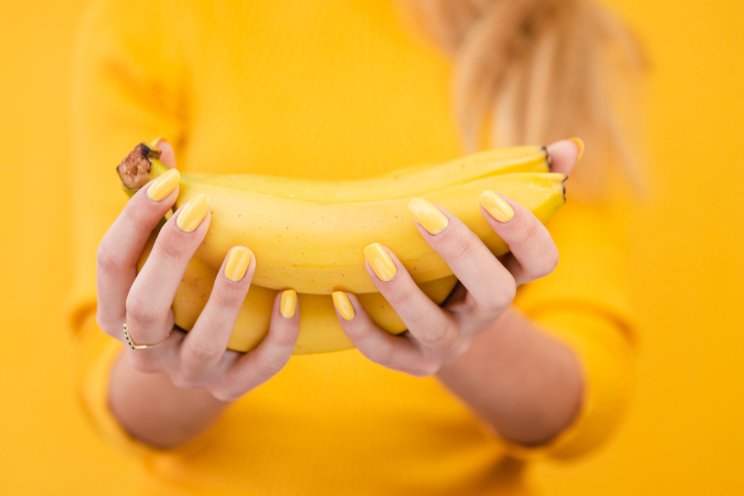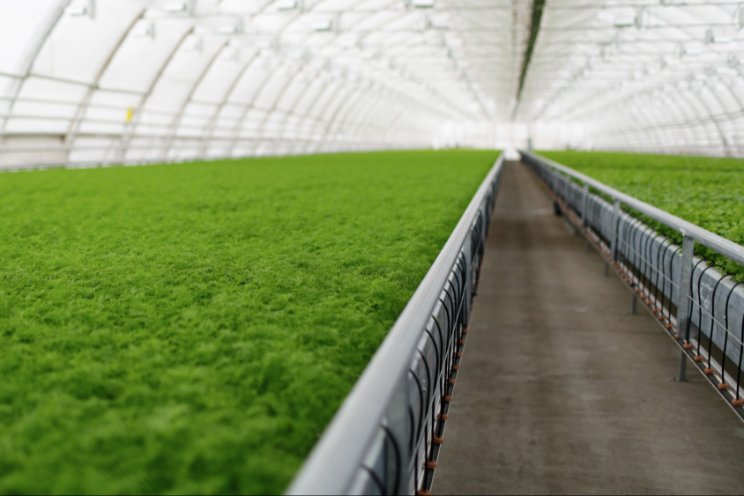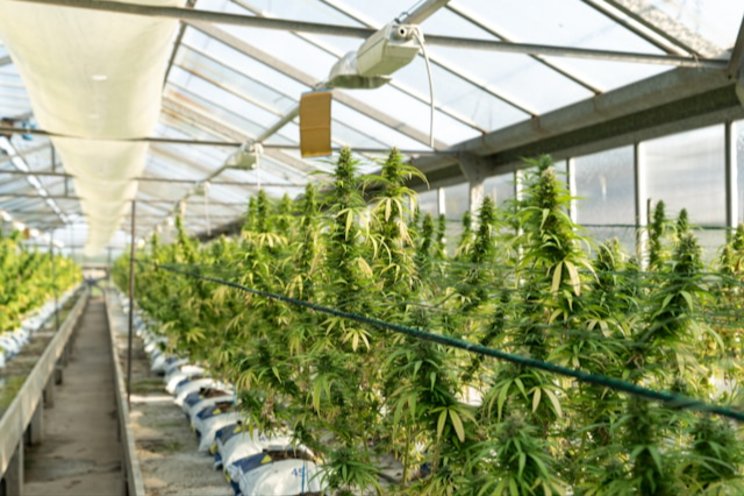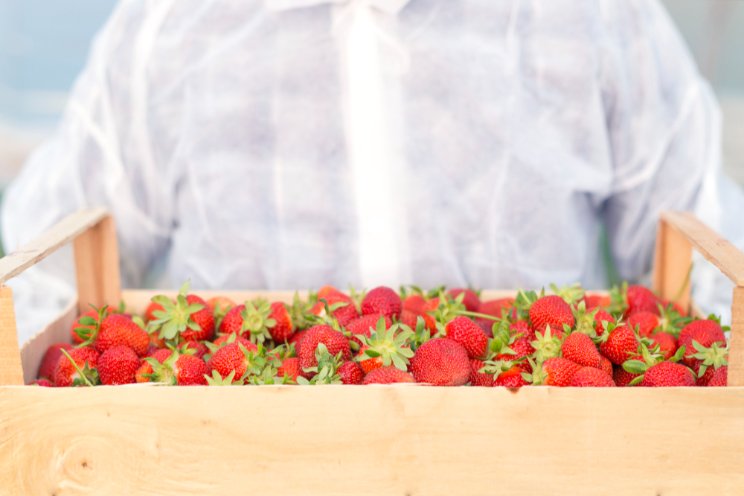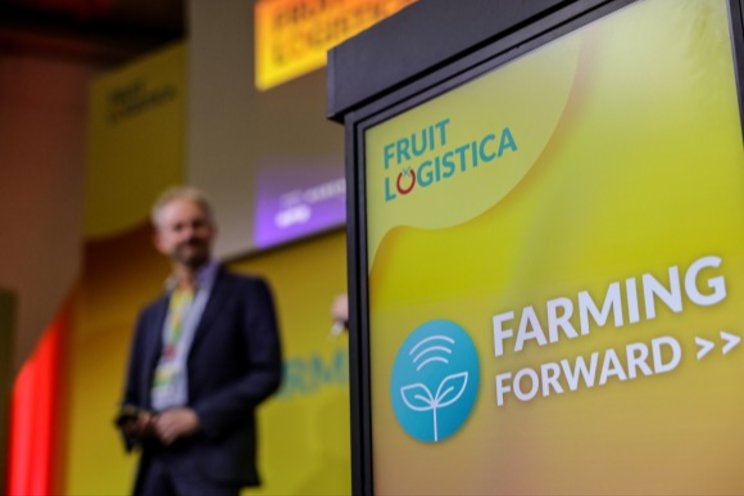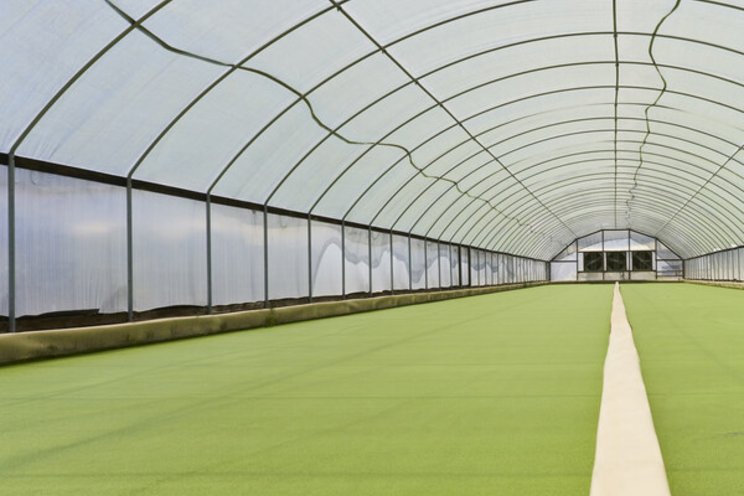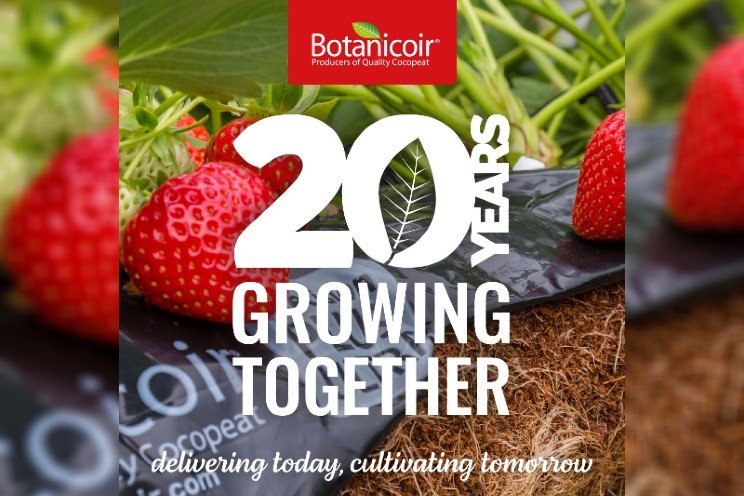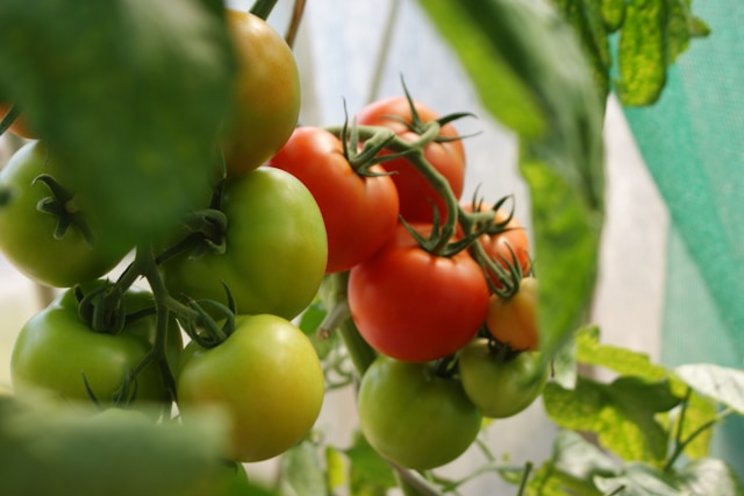Is vegan seafood the new trend in plant-based food?
Added on 09 June 2020
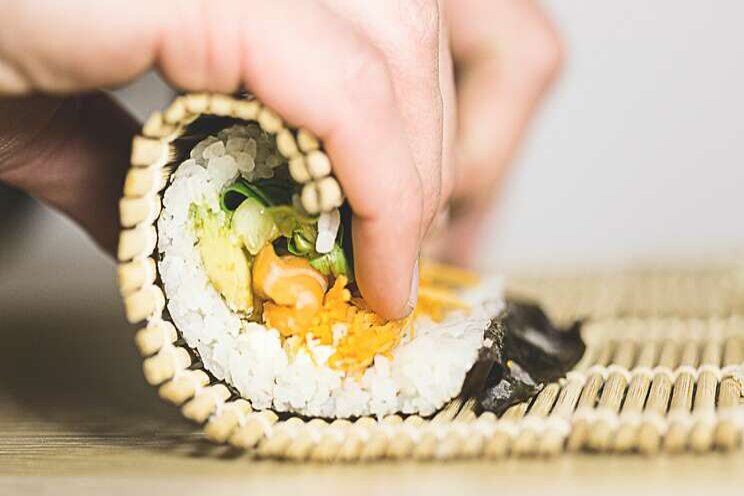
While meat alternatives continue to grow in popularity, many vegan consumers are looking for a wider choice and experts are predicting plant-based fish could be the new vegan trend, with vegan seafood leading the way.
From concerns about the environment to fears about mercury, the fish industry has faced its fair share of challenges in recent years.
Throw in the coronavirus pandemic, which has seen shortages of certain fishes in many supermarkets and it isn't surprising many consumers are on the look out for healthier, more-environmentally friendly alternatives.
"The past few years have seen an explosion in vegan products as ever more people are waking up to the environmental, health and welfare benefits of a vegan diet — and vegan seafood is no different!" explains Dr Justine Butler, senior health researcher, Viva! Health.
"F?ish-free options now include banana blossom fish and chips, tofu marinated in seaweed flakes, ?Quorn fish fingers, watermelon in place of tuna steak, smoked carrots instead of salmon, there are tons of options out there to suit every palate."
As well as reducing the guilt of overfishing some experience when eating sea food, plant-based fish also offers a mercury-free alternative, while still delivering a protein hit.
"Plant-based seafood provides a host of environmental benefits, including alleviating pressures on rapidly depleting fisheries, providing relief to fragile ocean ecosystems, reducing the impact of fishing nets on the ocean plastic problem, and reducing production-related GHG emissions," Caroline Bushnell from the Good Food Institute said in a press release.
While plant-based seafood isn't an entirely new concept, products (and taste!) have been fairly limited, but in recent months there has been a wave of new and innovative companies trying to inject some excitement into the faux fish market.
Considering themselves the pioneers of plant-based seafood, gourmet vegan company Sophie's Kitchen is hoping to help change all telling Vegonomist they aim to "rock the seafood category in the way that Beyond Meat rocked the burger industry."
And it seems to be having the desired effect with their vegan seafood alternatives seeing their sales increase three fold in 2019.
Good Catch is another firm making their move in the faux seafood market with their 'tuna' helping to make waves (no pun intended) within the industry.
"According to the United Nations, nearly 90% of the world's marine fish stocks are now fully exploited, overexploited or depleted, with fisheries subsidies playing an integral part," Good Catch explained in a press release.
"Keeping startling statistics such as this in mind, Good Catch believes that the only truly sustainable seafood is one that allows fish to remain in the ocean, undisturbed."
In 2018, the UK opened its first pop-up vegan fish and chip shop, with the vegan menu subsequently being rolled out to all locations of London chippy chain Sutton & Sons.
According to the BBC vegan items now contribute about 20% of Sutton & Sons' total revenue, with spokesperson Nicholas O'Connor explaining that the vegan menu is continually growing and includes dishes such as 'prawn' cocktail, 'calamari' strips and 'lobster' rolls.
It may be better for the environment but can vegan seafood compete in the nutrition stakes?
"Many vegan seafood products are made from protein-rich soya beans, which are also high in iron and calcium," Dr Butler explains.
"Other options include pea protein, which can mimic the flaky texture of fish."
Dr Butler says despite being led to believe we can only get certain nutrients from fish, there are many nutritious plant-based sources of omega-3s.
"In fact, ?omega-3s come from algae, that's where fish get it from!" she explains.
"Plant sources, such as flaxseed oil, hempseed oil and walnuts, provide better protection from heart disease and other degenerative conditions, and they benefit the environment as they come from sustainable sources.
"Additionally, our oceans and rivers are contaminated with toxic pollutants such as polychlorinated biphenyls, dioxins and mercury, which can build up in fatty fish and cancel out the beneficial effects of omega-3s," she adds.
"In fact, the government has issued warnings that adults should have no more than one portion of swordfish, shark or marlin a week because these fish contain high levels of mercury, ?the warning now include some white fish too. ?
"No other food carries a government health warning! They have voiced concerns about the levels of dioxins in herring, salmon and mackerel, but most people know little about these risks. So by opting for the plant-based options, you have all the benefits of omega-3s without the toxic pollutants."
And for this reason, and others, vegan fish and seafood could well be the new buzz word in plant-based food.
"This is a burgeoning area of the plant-based food market and we can expect to see more innovative products hitting our shelves, as the demand continues to grow," Dr Butler adds.
Vegan fish and chips anyone?
Source: Yahoo Life
Photo by Luigi Pozzoli on Unsplash
Source: Yahoo Life
More news


